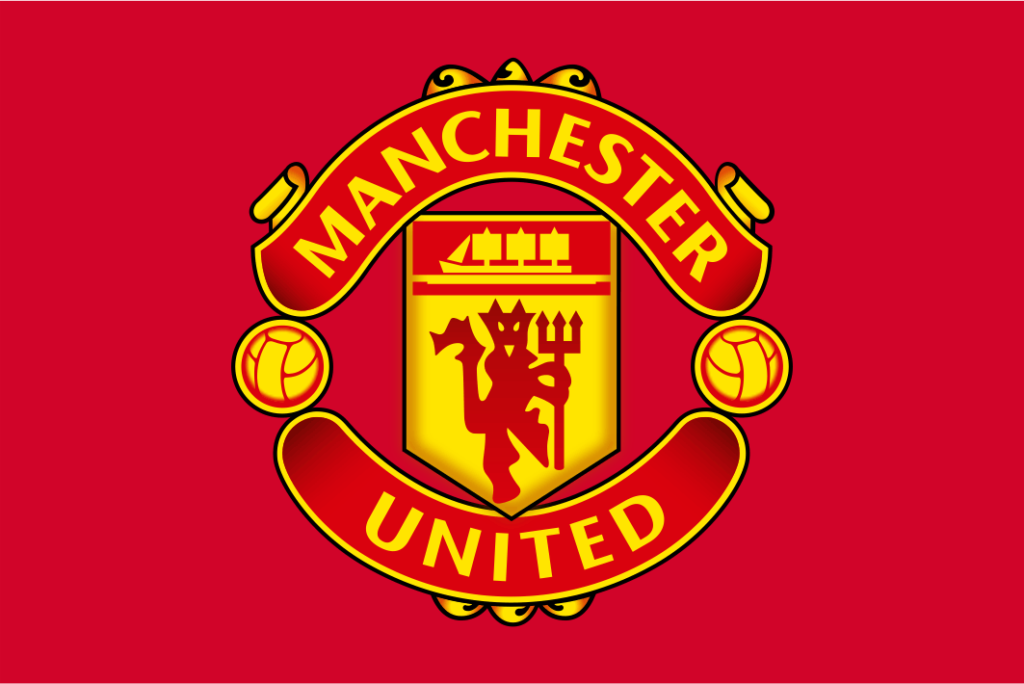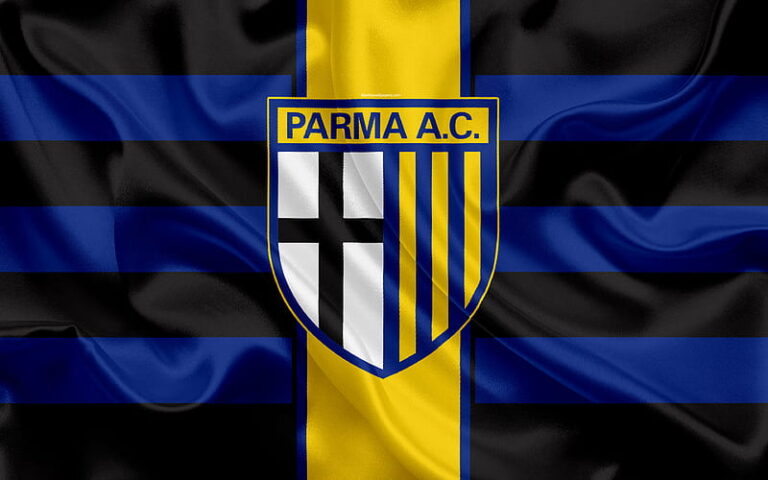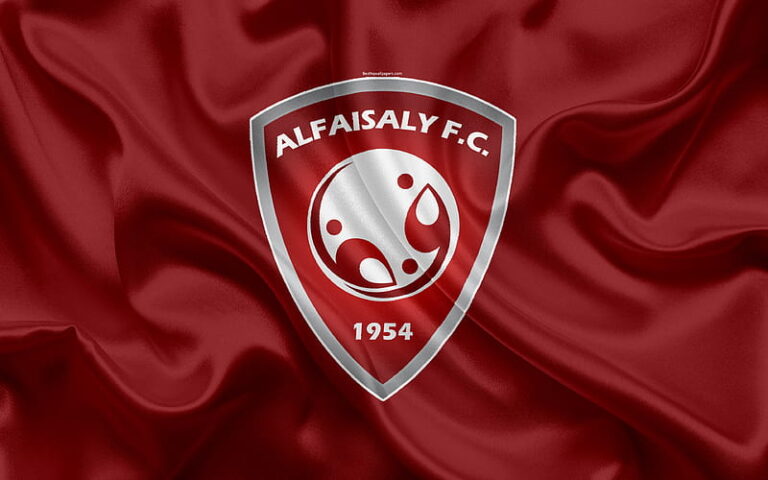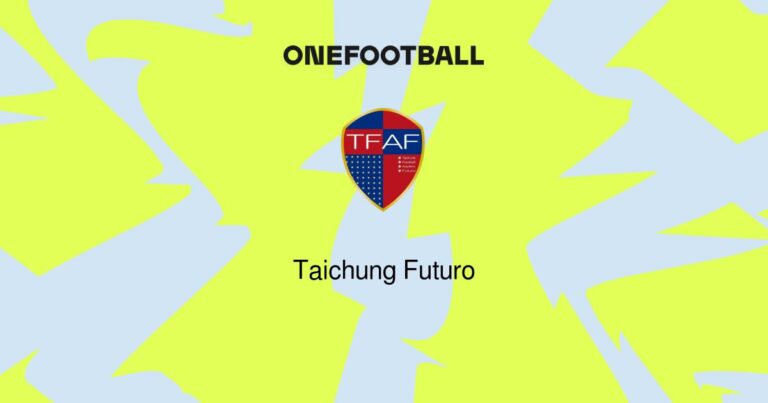
Manchester United Football Club
Manchester United Football Club (MUFC), commonly known as Manchester United or simply Man U, is one of the most iconic and successful football clubs in the world. Based in Old Trafford, Greater Manchester, England, the club has a storied history of triumphs, struggles, and an enduring connection with millions of fans globally. This article delves into the club’s rich heritage, achievements, legendary players, and what makes it a beacon of excellence in the footballing world in https://kubet888.help/
Foundation and Early History
Founded in 1878 as Newton Heath LYR Football Club, Manchester United initially represented the Lancashire and Yorkshire Railway Depot. Financial difficulties in the early 1900s led to a significant restructuring, and in 1902, the club was renamed Manchester United, marking the start of a new chapter.
The club’s iconic red-and-white kit became a symbol of passion and unity. Under the guidance of manager Ernest Mangnall, Manchester United won its first First Division title in 1908 and followed it up with its maiden FA Cup triumph in 1909.
Old Trafford: The Theatre of Dreams
Manchester United’s home ground, Old Trafford, is one of the most recognizable stadiums in football. Opened in 1910, it has a seating capacity of over 74,000, making it the largest club stadium in England. Nicknamed “The Theatre of Dreams” by Sir Bobby Charlton, Old Trafford has witnessed countless memorable moments in football history, including dramatic title victories, European nights, and legendary goals.
The Busby Era and Tragedy
The arrival of Sir Matt Busby as manager in 1945 heralded a golden era for the club. Busby built a team of talented young players, famously known as the “Busby Babes.” Manchester United dominated English football in the 1950s, winning league titles in 1952, 1956, and 1957.
However, tragedy struck in 1958 with the Munich Air Disaster, which claimed the lives of 23 people, including eight United players. The disaster deeply affected the club, but Busby and the surviving players rebuilt the team, demonstrating incredible resilience.
In 1968, Manchester United became the first English club to win the European Cup, defeating Benfica 4-1 in the final, a fitting tribute to the players who perished in Munich.
The Ferguson Era: A Dynasty of Success
When Sir Alex Ferguson took over as manager in 1986, few could have predicted the unprecedented success that would follow. Ferguson’s reign spanned 26 years and transformed Manchester United into a global powerhouse.
Under Ferguson, the club won 13 Premier League titles, 5 FA Cups, 4 League Cups, and 2 UEFA Champions League titles. The 1998-99 season was the pinnacle of Ferguson’s success, as Manchester United achieved an incredible treble, winning the Premier League, FA Cup, and Champions League in one season—a feat unmatched in English football.
Ferguson’s emphasis on youth development, exemplified by the famous Class of ’92 (featuring Ryan Giggs, Paul Scholes, David Beckham, and the Neville brothers), and his tactical brilliance cemented his legacy as one of the greatest managers in football history.
Post-Ferguson Challenges
Since Ferguson’s retirement in 2013, Manchester United has struggled to replicate the consistency and dominance of his era. The club has seen multiple managerial changes, including high-profile appointments like David Moyes, Louis van Gaal, José Mourinho, and Ole Gunnar Solskjær.
Despite these challenges, the club has continued to win silverware, including the FA Cup in 2016, the EFL Cup, and the UEFA Europa League in 2017. However, the lack of sustained success in the Premier League and Champions League has led to calls for structural and strategic changes.
Notable Players
Manchester United’s history is adorned with legendary players who have left an indelible mark on the sport:
- Sir Bobby Charlton: A Munich survivor and one of England’s greatest players, Charlton was instrumental in the 1968 European Cup victory.
- George Best: Known for his dazzling skills and charismatic personality, Best remains an icon of the game.
- Eric Cantona: The Frenchman’s flair and leadership were pivotal in United’s dominance in the 1990s.
- Ryan Giggs: The club’s all-time appearance leader, Giggs epitomized loyalty and excellence.
- Cristiano Ronaldo: One of the greatest players of all time, Ronaldo’s first stint at United brought numerous titles, and his return in 2021 reignited fan excitement.
Global Fanbase and Commercial Success
Manchester United boasts one of the largest and most passionate fanbases worldwide. The club’s ability to transcend football is evident in its commercial success, with lucrative sponsorship deals, merchandise sales, and a robust presence on social media platforms.
The club’s iconic crest and motto, “Glory Glory Man United,” resonate with millions of fans who proudly identify as part of the “Red Devils” family.
Rivalries
Manchester United shares fierce rivalries with several clubs:
- Manchester City: The Manchester Derby is a battle for local supremacy and has grown in intensity with City’s recent successes.
- Liverpool: A rivalry rooted in history, the United-Liverpool clashes are among the most anticipated fixtures in English football.
- Leeds United and Arsenal: Historic rivalries that have produced thrilling encounters over the decades.
The Future
With new leadership under Erik ten Hag and significant investments in players, Manchester United aims to restore its status as a dominant force in football. The focus on integrating youth talent with experienced players offers a promising blueprint for the future.
Conclusion
Manchester United’s legacy is built on resilience, innovation, and a relentless pursuit of excellence. From the tragedies of Munich to the triumphs under Sir Alex Ferguson, the club’s journey is a testament to its enduring spirit. While recent years have presented challenges, Manchester United remains a symbol of passion, pride, and perseverance—a true giant of world football.


